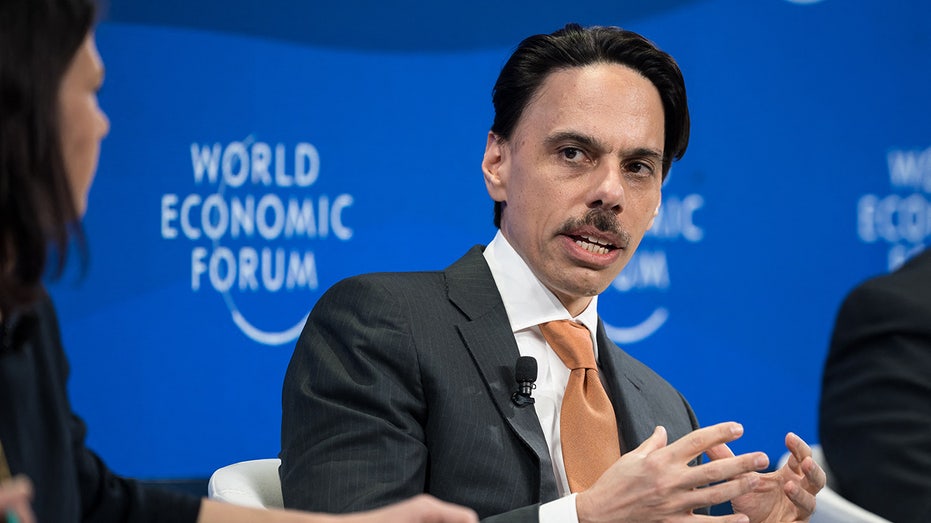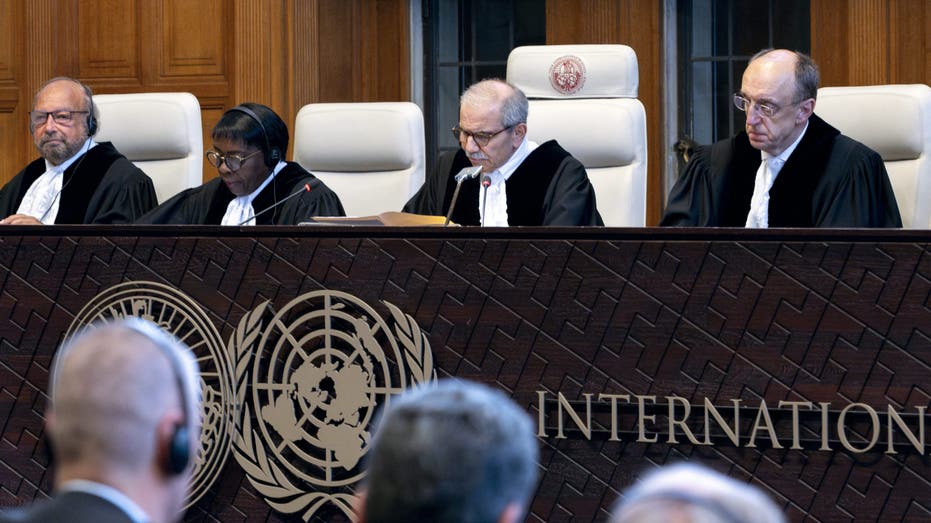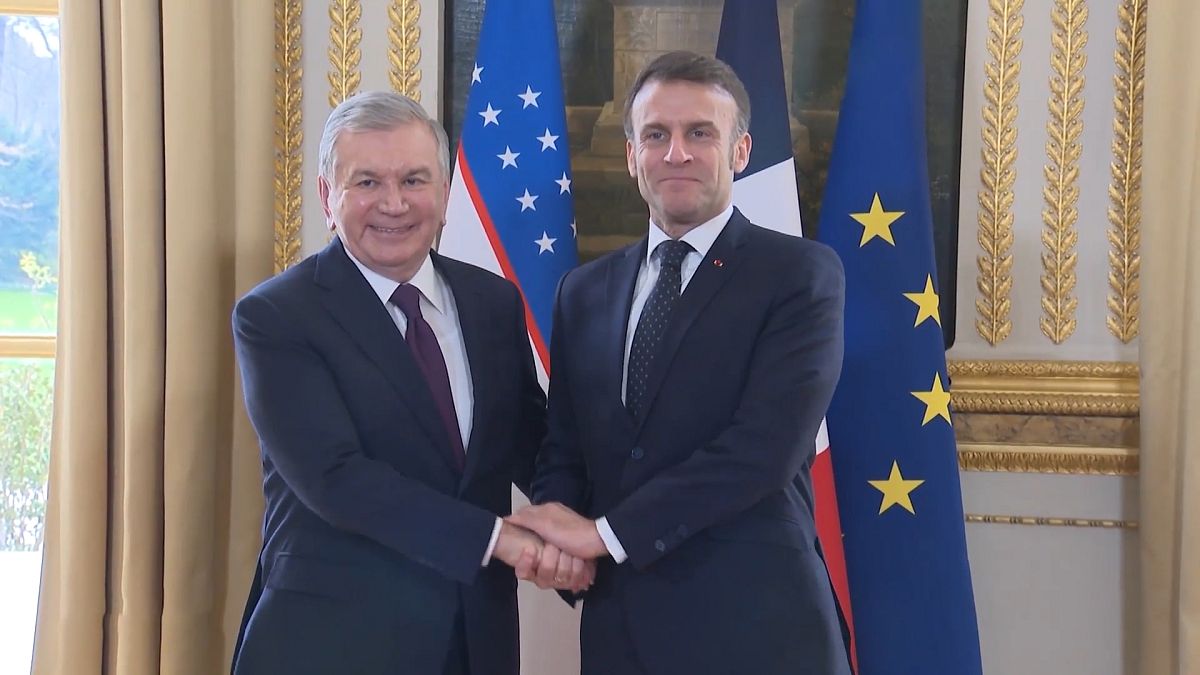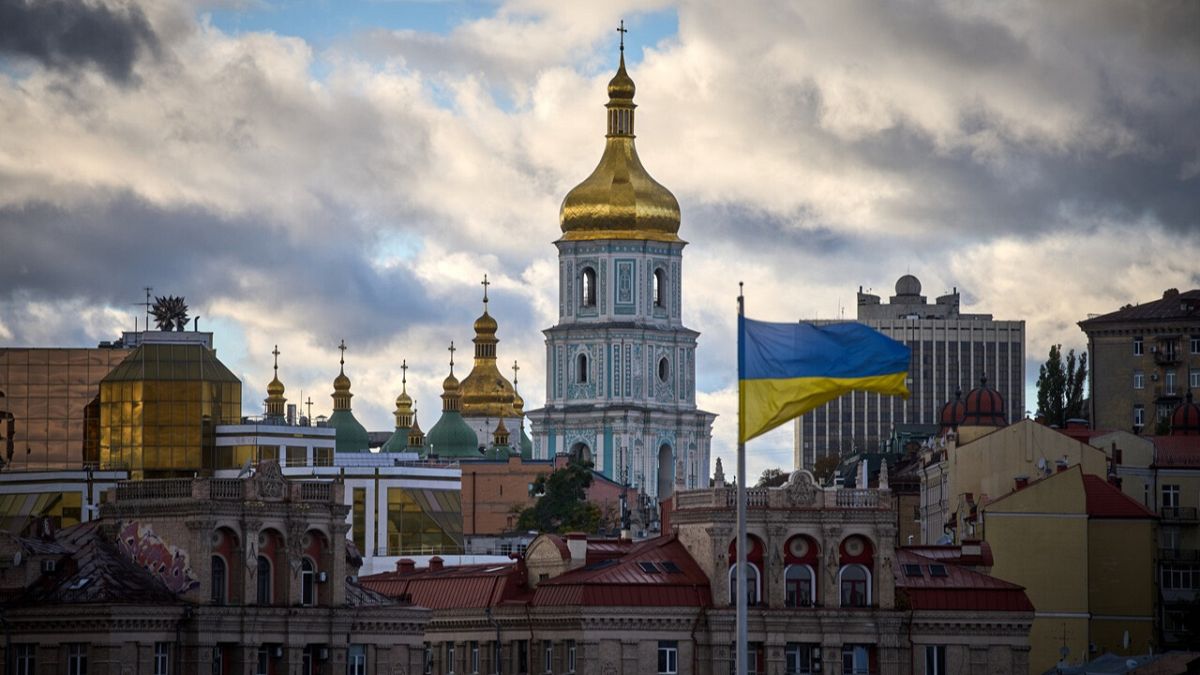Saudi Arabia ramps up pressure on Israel to agree to Palestinian state with fresh demand
Saudi Arabia's top diplomat rejected normal relations with Israel after Prime Minister Benjamin Netanyahu said he opposed a two-state solution amid war in Gaza.

Saudi Arabia said Sunday it would not normalize relations with Israel without an agreement to create a path to a Palestinian state, something that Israeli Prime Minister Benjamin Netanyahu has rejected.
Saudia Arabia’s top diplomat, Foreign Minister Prince Faisal bin Farhan, sat down for an interview that aired on Sunday with CNN’s "Fareed Zakaria GPS," stating: "Everybody agrees that the only way to get out of this cycle of violence is to inevitably be on this path to a Palestinian state, and that's absolutely necessary, and that's what we're focused on."
In the interview, the host asked: "Are you saying unequivocally that if there is not a credible and irreversible path to a Palestinian state, there will not be normalization of relations between Saudi Arabia and Israel?"
"That’s the only way we’re going to get a benefit," Prince Faisal replied. "So, yes."
RELATIVES OF GAZA HOSTAGES STORM ISRAELI PARLIAMENT AS HAMAS WAR RAGES
Before the Oct. 7 Hamas attack on Israel, the U.S. had been trying to broker a landmark agreement in which Saudi Arabia would normalize relations with Israel in exchange for U.S. security guarantees, aid in establishing a civilian nuclear program and progress toward resolving the Israeli-Palestinian conflict.
In September, Netanyahu had said Israel was on "the cusp" of such a deal.
Earlier in the interview, when asked if oil-rich Saudi Arabia would finance reconstruction in Gaza, Prince Faisal gave a similar answer.
"As long as we’re able to find a pathway to a solution... then we can talk about anything," he said. "But if we are just resetting to the status quo before Oct. 7, in a way that sets us up for another round of this, as we have seen in the past, we’re not interested in that conversation."
"The key to de-escalation right now is ending the conflict in Gaza because that's feeding all of this instability in the region. We were already a very unstable region unfortunately before, but this continuing conflict and continuing carnage we’re seeing… we’re now at 30,000 civilians dead in Gaza," he added. The Hamas-controlled Palestinian Health Ministry had the death toll at 25,295 people in Gaza, with more than 60,000 wounded, but does not distinguish between militants and civilians.
Last week, Netanyahu rejected the vision supported by the United States, as well as much of the international community, for a postwar resolution, saying he will never allow a Palestinian state and is seeking open-ended military control over Gaza. On Monday, dozens of family members of hostages held by Hamas stormed a committee meeting in Israel’s parliament, demanding a deal to win their loved ones’ release. Netanyahu has insisted to the Israeli public that pursuing the devastating offensive in Gaza is the only way to bring the hostages home.
European Union foreign ministers also on Monday gathered in Brussels to discuss the war in Gaza, supporting the creation of a Palestinian state as the only credible way to achieve peace in the Middle East and expressing concern about Netanyahu’s clear rejection of the idea.
EU CHIEF SAYS ISRAEL WAS RESPONSIBLE FOR HAMAS' SURGE TO POWER IN GAZA: 'FINANCED BY THE GOVERNMENT'
Israeli Foreign Minister Israel Katz and Palestinian counterpart Riad Malki also were in Belgium's capital for the talks. The issue of Gaza's future has set Israel in opposition to the United States and its Arab allies as well as they work to mediate an end to the fighting in the besieged Palestinian territory.
The Palestinians seek a state that would include Gaza, the Israeli-occupied West Bank and annexed east Jerusalem, territories Israel captured in the 1967 Mideast war.
Israel views all of Jerusalem as its capital and the West Bank as the historical and biblical heartland of the Jewish people. It has built scores of settlements across both territories that are home to hundreds of thousands of Jewish settlers. The last of several rounds of peace talks broke down nearly 15 years ago.
Netanyahu has vowed to continue the offensive until "complete victory" over Hamas and to return all remaining hostages after the Oct. 7 rampage in southern Israel that triggered the war. In that attack, some 1,200 people were killed and Hamas and other terrorists abducted around 250 people.
Around 100 hostages were freed under a week-long cease-fire deal in November in exchange for the release of Palestinians held in Israeli prisons.
Around 130 remain captive, but a number have since been confirmed dead. Hamas has said it will free more captives only in exchange for an end to the war and the release of thousands of Palestinian prisoners. Netanyahu has ruled out such an agreement.
The Israeli military says it has killed around 9,000 militants, without providing evidence, and blames the high civilian death toll on Hamas because it positions fighters, tunnels and other militant infrastructure in dense residential areas.
The Associated Press contributed to this report.
What's Your Reaction?
















